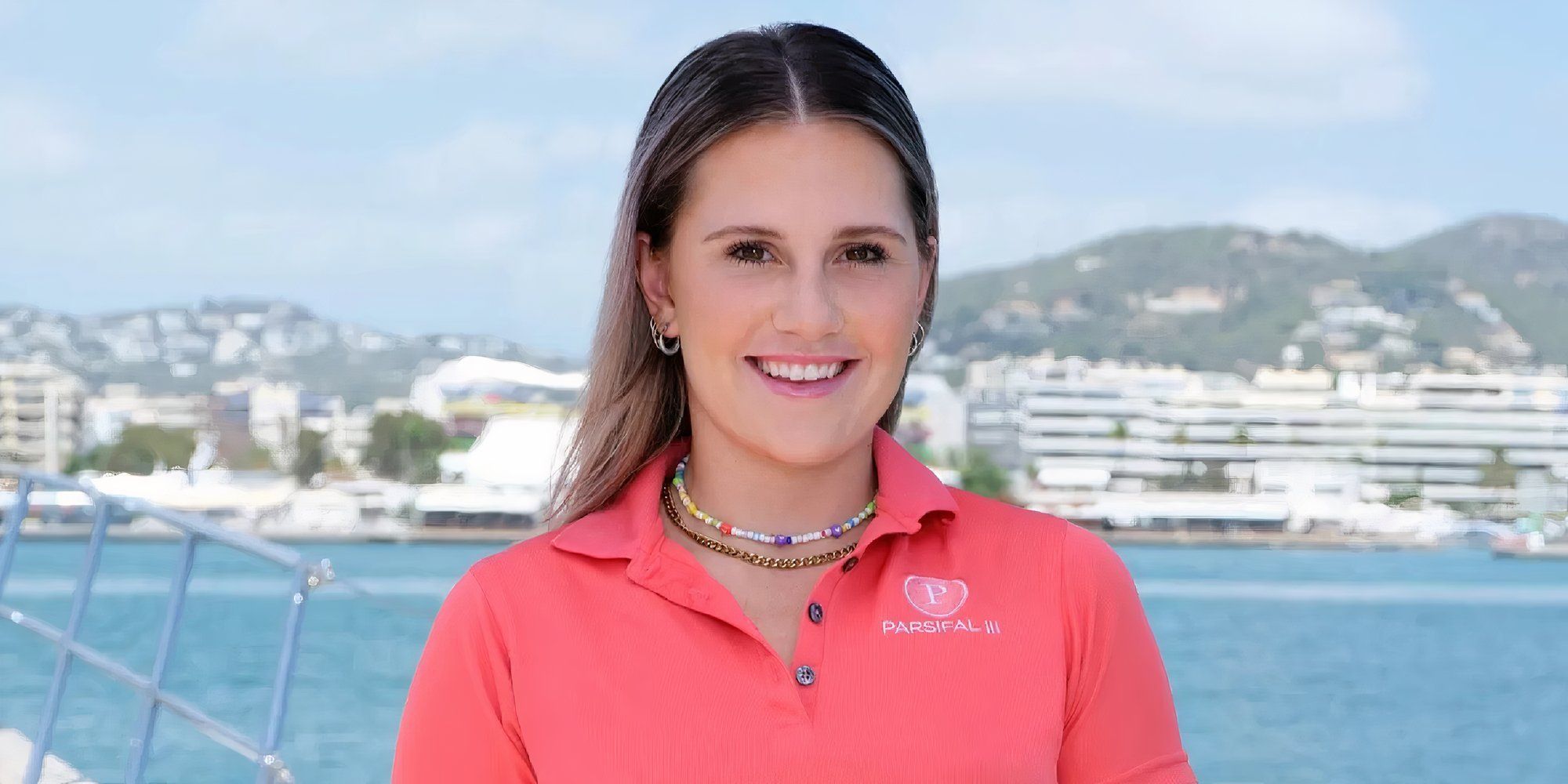The stunning fall of the Syrian government early Sunday — a bloodless coup by Islamist rebels that ended the brutal 50-year rule of the Bashar Assad regime — has been reverberating across the global film community. There’s widespread elation among displaced Syrian filmmakers, but also fear about what the future holds.
All are happy that Assad is gone. But some are weary that rebel Islamist leader Abu Mohammed al-Golani, who managed to overthrow the Syrian dictator, could lead the country into more mayhem — even though things can’t get much worse than than they already were.
“This is a dream that we have all had; something I’ve been seeing in my dreams since I was a child,” said multi-hyphenate Orwa Nyrabia, outgoing artistic director of Amsterdam’s leading documentary festival IDFA. “And it’s come true.”
“It’s painful to see this after all of these losses. All of this displacement. All of these people who were killed,” he added. “You feel how unnecessary a lot of that massive pain was.”
Syria’s 13-year civil war has led to more than 500,000 deaths and forced millions of Syrians to leave their homeland according to the Syrian Observatory for Human Rights.
“Decades of terror, fear, struggle, bloodshed and destruction are finally over,” said Los Angeles-based Syrian director and producer Sam Kadi, who produced the Oscar-shortlisted animation film “Lamya’s Poem,” about a Syrian refugee girl who draws strength from the verses of ancient poet Rumi after violence forces her to flee from her country.
“I don’t actually remember being happier than I am right now that Assad is finally ousted and that the Assad regime has fallen,” noted U.K.-based Hassan Akkad, a documentary director and activist who filmed his 87-day journey from Syria to the U.K. in 2015, footage which was later used in the BAFTA-winning documentary “Exodus: Our Journey to Europe.”
However, while there are no doubts that toppling Assad marks the end of a horrific era, Alaa Karkouti, CEO and co-founder of prominent Arab film distribution and marketing and talent agency MAD Solutions — who left his native Syria for Cairo before the civil war — struck a more cautious note.
“For me, the basic question in these matters is always: ‘Who owns the weapons?’ Because the weapons are not free. So someone is behind it [Assad’s ouster],” he noted, citing the changing geopolitical scenario which saw Assad flee to Russia when he was no longer able to rely on political support from Iran, Russia and Lebanon’s Hezbollah militia.
“And of course, the idea of anyone using religion [for political purposes] scares me,” Karkouti went on to add, referring to the Islamist rebels, the Hayat Tahrir al-Sham fighters, who have longtime ties to al-Qaida though their leader Golani has supposedly shed those ties and is now projecting an image of himself as a champion of pluralism and tolerance.
Government officials who have remained in Damascus after Assad fled, including Prime Minister Mohammed Ghazi Jalali, have met with the rebels to discuss the power transfer.
Hassan Kattan, a cinematographer and documentary director who worked on powerful wartime short “One Day in Aleppo,” was also both happy and scared.
“The future of Syria is a difficult question and to be honest we are afraid, because it’s a big responsibility for everyone who believes in freedom and the revolution that has toppled the Assad regime,” he said.
“That was the first mission. Now we have to rebuild Syria and a new free Syrian system. And also to correct everything and bring back unity and dignity. But I have a fear for the future and not just from the Islamic groups, but from Russia, the U.S.A. and Israel,” he added.
“I hope that Syrians will have the freedom to determine their own future now,” said Orlando von Einsiedel, co-director of Oscar-winning short doc “The White Helmets“, about a first responder Syrian rescue group.
Regarding the prospects of a positive transition, ideally to democracy, Von Einsiedel noted that “obviously the road ahead is uncertain.” But he also pointed out that “Syrians are some of the bravest, resourceful and most principled people I’ve ever met” and expressed optimism they can “turn the page on this dark period of history under Assad’s rule.”
As for the role that Syrian filmmakers can play in helping their country’s rise from the ashes, everyone Variety spoke to agreed they are ready to play their part and that film and TV will be crucial in the reconstruction effort.
“We need way more films, and more stories that need to be told,” said Kadi. “For me personally, at this particular moment I’m just not sure which one of these stories needs to be told first,” he added, since “I’m still trying to digest and comprehend the recent events.”
“I think the fastest part [of rebuilding Syria] will be the content creation part,” said Karkouti, “Whether it’s films, TV series, theater and even music.”
Why? Because over the past 13 years, Syrians, including filmmakers and others in the industry, “have spread around the world,” he said. And with the toppling of Assad, it’s very likely that his iron fist in terms of censorship will also evaporate. Now the filmmakers will say: “The war is finished, let’s go back,” Karkouti pointed out. He also underlined that before the civil war, Syria was a Middle East TV production powerhouse and physical production continued there, albeit at a slower pace, even during all the turbulence.
“I think the key point is that we should not be sitting aside waiting to see what they will do,” said Nyrabia, who also noted the importance of Syria’s TV productions.
“Economically and in terms of public presence and influence, Syrian television, mainly drama, is a very powerful platform,” he said, underlining that Syrian TV shows are “an indispensable part of the Syrian presence, influence and vision.” He added: “I do not think that anybody who is involved in shaping the country will be opting for harming this industry.”
As for the Syrian film sphere, “We are citizens of the world,” he said.
“We are internationally connected now. We understand the field in a very different way from when we were locked up inside Syria under Assad’s regime,” Nyrabia added. “So the future of Syrian filmmaking will not be only limited to inside Syria, it will also continue to exist internationally. And the film sector inside Syria will be much more connected to the global stage than ever before.”









 English (US) ·
English (US) ·